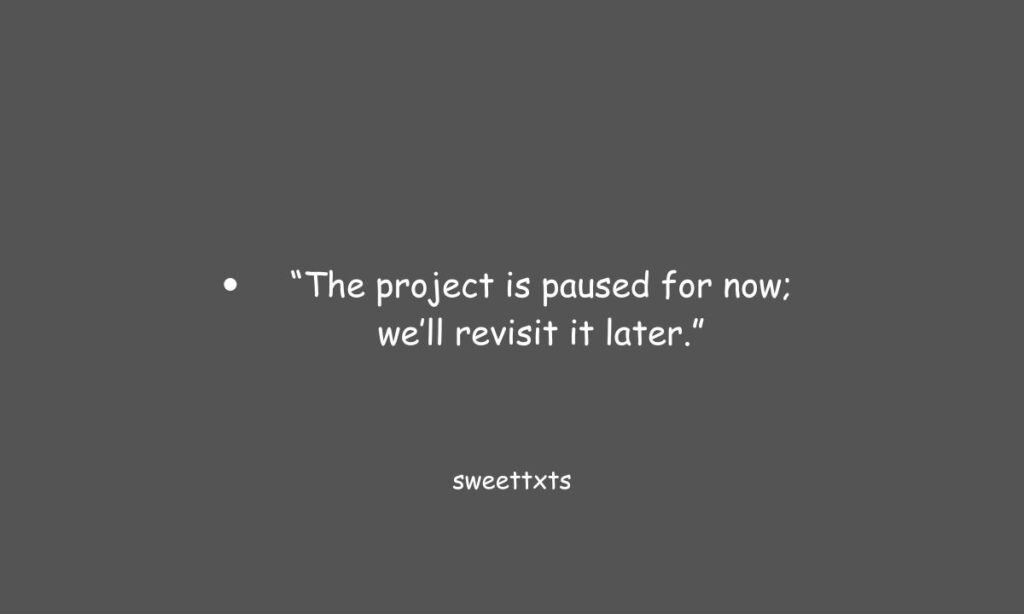Language constantly evolves, and slang terms like “huzz” have sparked curiosity across digital conversations. This article dives into the meaning of “huzz,” particularly its context in texting and informal communication.
Alongside, we explore the word “hiatus,” which, although more formal, carries its own significance in conversations—both personal and professional. Understanding these words helps in conveying messages with precision.
Whether you’re deciphering a message or trying to use more polished alternatives, knowing these terms enhances clarity. This guide explains their meaning, usage, and also suggests refined alternatives suitable for different tones.
Huzz Meaning in Text
The term “huzz” is informal and relatively modern in usage, commonly appearing in casual digital conversations. It is often used as a shortened or stylized expression, though it lacks a standardized dictionary definition. In most cases, “huzz” stands for a variant of “huzzah,” an exclamation of excitement or triumph, similar to saying “hooray.” However, in online chats or social platforms, its meaning can vary based on context.
For instance, someone might write:
- “Just finished my last exam, huzz!”
- “We made it to the finals, huzz for the team!”
In these examples, “huzz” is used to celebrate or emphasize a moment of success or relief. It conveys enthusiasm but maintains a casual tone. Due to its nonstandard nature, it’s mostly limited to text messages, social media, and informal settings among friends or peers.
It’s important to understand that while “huzz” may feel expressive in casual writing, it should be avoided in professional, academic, or serious contexts. Using clear, recognized language in such settings maintains credibility and clarity.
Hiatus Meaning

The word “hiatus” comes from Latin origins and is widely accepted in English as a formal term to indicate a pause, break, or interruption in continuity. It is commonly used in media, education, work environments, and even in personal communication to signal a temporary stoppage.
Examples of how “hiatus” is used include:
- “The podcast will be on hiatus until next season.”
- “After years of working non-stop, she’s taking a short hiatus to travel.”
Hiatus suggests intention and temporary absence, often planned or necessary. It’s not a term of celebration but of calm withdrawal or regrouping. Unlike “huzz,” it fits well in both spoken and written communication across formal and semi-formal tones.
Hiatus is especially useful in professional environments when you want to convey the idea of stepping away without implying permanence or quitting.
Tone and Context Matter
Understanding when to use casual versus formal terms is key to effective communication. “Huzz” and “hiatus” stand at opposite ends of the formality spectrum—the former exuberant and informal, the latter reserved and deliberate.
The tone you use depends on:
- Audience (friends vs. clients)
- Platform (Instagram caption vs. email)
- Purpose (expressing joy vs. announcing a break)
By mastering words like these and their alternatives, your communication becomes more adaptable and intentional.
Polite, Professional, and Casual Alternatives to “Hiatus”

Here are 15 thoughtfully written and context-aware alternatives to the term “hiatus,” crafted for various tones—casual, polite, and professional.
1. Taking a break
Context: Casual or semi-formal
“I’m taking a break from social media for a while.”
2. Stepping away
Context: Professional or personal
“She’s stepping away from her position to focus on health.”
3. Pausing for now
Context: Friendly, soft tone
“The project is paused for now; we’ll revisit it later.”
4. Temporary leave
Context: Workplace or formal settings
“He’s on a temporary leave to handle personal matters.”
5. Intermission
Context: Events, performances, metaphorical use
“There’s an intermission in her career as she explores new opportunities.”
6. On hold
Context: Business, projects
“The product launch is on hold due to logistics.”
7. Recharging period
Context: Personal, wellness-related
“This vacation is a recharging period for me.”
8. Break in activity
Context: General and neutral tone
“There’s a break in activity until further notice.”
9. Sabbatical
Context: Academic, professional
“She’s taking a sabbatical after ten years of teaching.”
10. Time off
Context: Everyday use, informal or workplace
“I’m taking some time off to relax.”
11. Moment of pause
Context: Reflective, polite
“Let’s take a moment of pause before continuing the discussion.”
12. Downtime
Context: Technology, workplace, or casual
“There’s scheduled downtime for maintenance tonight.”
13. Cooling-off period
Context: Legal, negotiation, relationship
“They agreed on a cooling-off period before making a decision.”
14. Detour
Context: Creative, metaphorical
“His career took a brief detour into politics.”
15. Retreat
Context: Wellness, emotional reset
“She went on a retreat to reflect and recharge.”
Examples in Use Based on Tone

Understanding how each alternative fits into different scenarios helps maintain the right tone:
- Casual tone:
“I’m just taking a little break from everything—need to reset.” - Professional tone:
“The committee will be on temporary leave while reevaluating the proposal.” - Polite tone:
“We’re currently in a pause and appreciate your patience during this time.”
These expressions allow the speaker or writer to remain approachable or professional as needed, without sounding too abrupt or too formal.
Why Alternatives Matter
Using alternatives gives you greater control over tone and ensures your message is received the way you intend. For instance, “hiatus” might feel stiff or confusing in a text conversation, while “taking a break” feels natural and clear.
In a professional setting, however, “hiatus” or “temporary leave” reflects formality and purpose, avoiding any perception of irresponsibility. Matching your word choice to the setting strengthens communication and builds understanding.
When to Use “Huzz” or “Hiatus”
| Scenario | Best Word Choice |
|---|---|
| Celebrating good news with friends | Huzz |
| Pausing a podcast or blog | Hiatus |
| Posting on social media casually | Taking a break |
| Notifying employer of time off | Temporary leave |
| Academic career pause | Sabbatical |
| Emotional recovery | Retreat |
While “huzz” is expressive and vibrant, it has limited appropriateness. Use it only when the tone is light and informal. On the other hand, “hiatus” and its alternatives offer range and flexibility across a broader array of contexts.
Final Thoughts
The evolution of language has made room for expressive, short-form slang like “huzz,” primarily used in casual digital conversations to convey excitement or joy. While it adds flavor to messaging, its usage is best kept among friends or in informal platforms.
Meanwhile, “hiatus” and its alternatives provide a rich vocabulary for communicating breaks, time away, or planned pauses. Understanding their tone, context, and subtle variations empowers speakers and writers to express themselves clearly and professionally.
Mastering both formal and informal expressions not only improves clarity but also builds stronger, more meaningful communication—no matter the setting.

Daily blessings and uplifting messages by Drupmo for every morning, evening, and day of the week—bringing peace, hope, and inspiration to your soul.